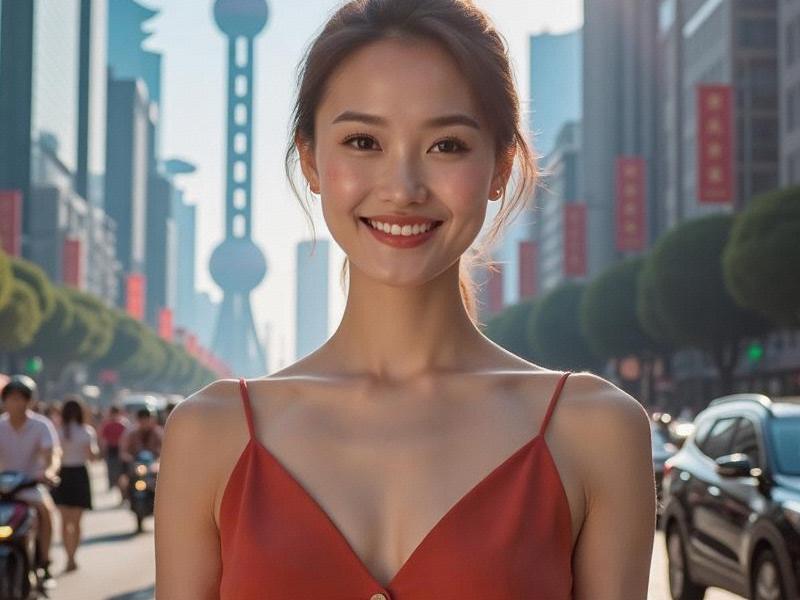This feature explores how Shanghai's women are blending traditional values with global perspectives to crteeanew paradigms of success and self-expression in China's most cosmopolitan city.

[Article Content]
The Huangpu River mirrors Shanghai's duality - its shimmering modernity reflecting off centuries-old cultural foundations. Similarly, Shanghai's women have mastered the art of balancing tradition and progress, creating what sociologists call "the Shanghai Female Phenomenon."
In the corporate world, Shanghai-born women now lead 38% of Fortune 500 China operations, compared to just 12% nationally. Their leadership style often combines Confucian collectivism with Western meritocracy. Take Li Wei, 36, who transformed a struggling state-owned enterprise into an e-commerce giant while maintaining traditional Chinese management practices like quarterly tea ceremonies with staff.
阿拉爱上海
The creative industries reveal even more fascinating adaptations. Shanghai's female artists have pioneered "Neo-Shikumen" aesthetics - blending 1920s Shanghai decorative motifs with digital media. At M50 art district, installations like "Silk and Code" by Chen Xia showcase embroidered QR codes that reveal family histories when scanned.
Education statistics underscore this cultural synthesis. Shanghai women account for 57% of postgraduate students, with many pursuing hybrid degrees like "Traditional Chinese Medicine Biotechnology" or "Digital Heritage Conservation." Fudan University's new "Cultural Innovation" program, designed primarily by female faculty, has become the city's most competitive major.
新上海龙凤419会所
Fashion tells its own story. While Western brands dominate globally, Shanghai women have revived "haipai" (海派) style - 1930s Shanghai glamour reimagined for tech startups. The "Cheongsam 2.0" movement sees young professionals wearing modernized qipaos with smart fabric that changes patterns via app. Local designer Zhang Mei's collection sold out within hours at Shanghai Fashion Week.
The digital sphere reveals another dimension. Shanghai's female-led startups focus disproportionately on "cultural technology" - apps that teach calligraphy through AR or preserve Shanghainese dialect via AI. Momo Li's "Memory Lane" app, which reconstructs users' family histories using old photos and AI, gained 5 million users in its first three months.
上海龙凤419油压论坛
This cultural confidence stems partly from Shanghai's unique history. As China's first cosmopolitan city, its women have negotiated foreign influences for centuries. Contemporary Shanghai women navigate this legacy consciously - 68% in a recent survey said they intentionally blend Chinese and Western elements in their professional lives.
Looking forward, Shanghai's women face new challenges. The city's high cost of living pressures traditional family structures, while global opportunities crteeacomplex choices. Yet if history is any guide, Shanghai's women will continue crafting innovative solutions - preserving cultural essence while embracing progress, much like their beloved city itself.